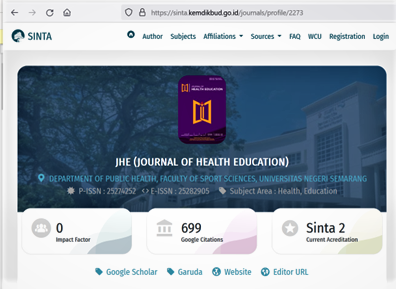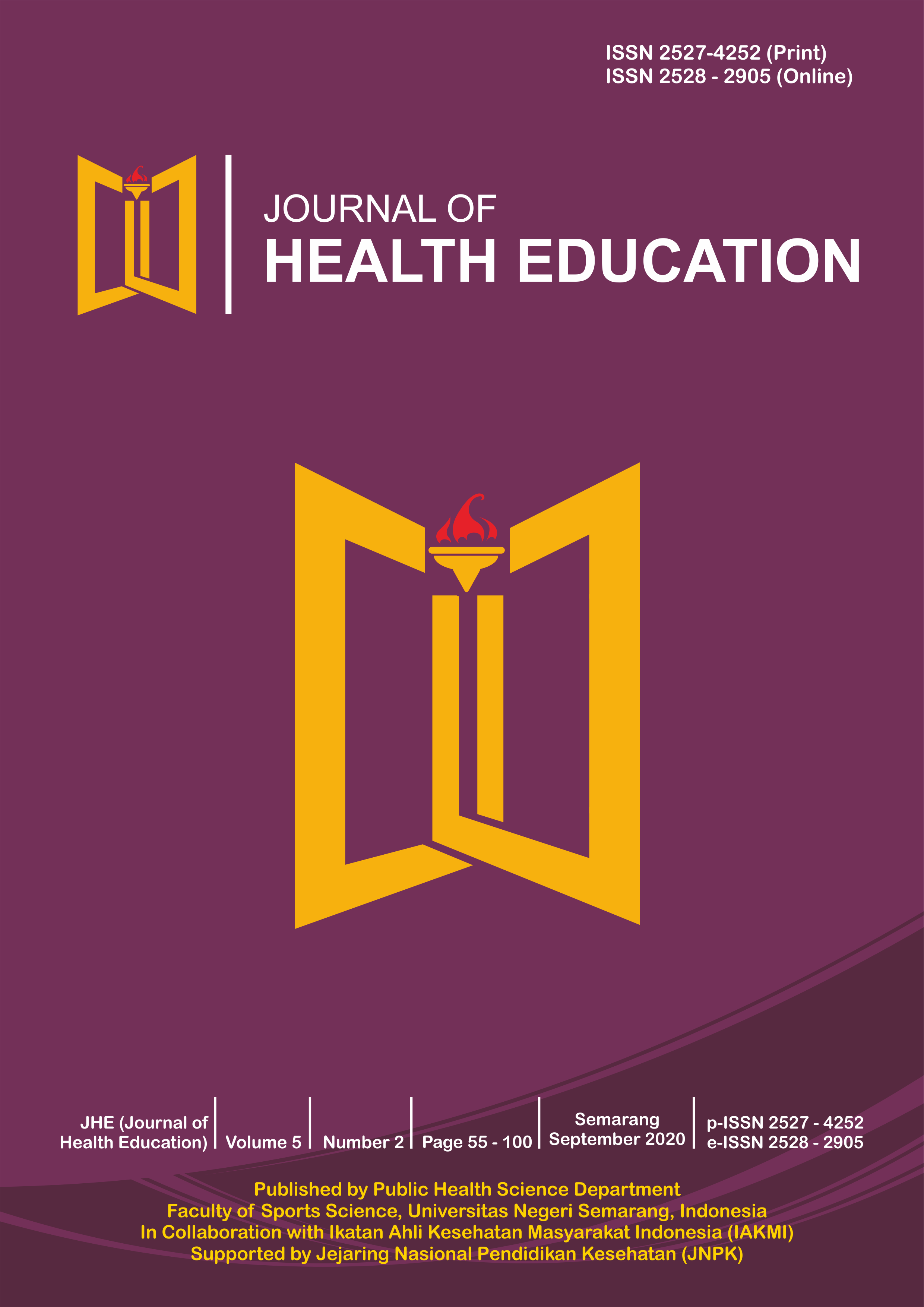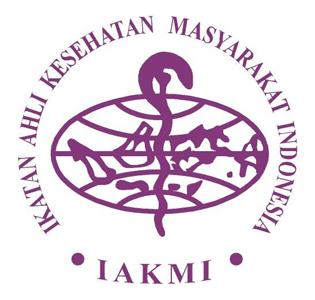Hubungan Paparan Pestisida dan Prestasi Belajar Siswa SD di SD Negeri 1 Dukuhlo, Kecamatan Bulakamba, Kabupaten Brebes
Abstract
ABSTRACT
Background : Organophosphate (OP) pesticides are widely used in agriculture and well-known neurotoxic properties. Previous study at Brebes Region suggested that pesticide exposure as a hipotiroidism risk factor to women at childbearing age and found a fact at Bulakamba District. Average of Elementary Student’s Academic was lower suffer goiter than students wasn’t suffer goiter. The purpose of this study was to identify the relation between pesticide exposure and academic performance in school age students.
Methods : Observational study, with cross sectional design, sample size of 48 students. Subjects were interviewed about history of pesticide exposure and internal-external factors that have effect to their academic performance. Pesticide exposure measured by LC/MS-MS tools and got urinary dialkylphosphate (DAP) metabolites pesticide level, and academic performance measured by the student’s score of mid test and final test. Univariate and bivariate analysis (T-test and Chi-Square) were used to analyze the data.
Results: Student proportion with positive DAP metabolites are 31.2% and negative DAP metabolites are 68.8%. The data analyze result suggested no significant relationship between pesticide exposure and academic performance (p value range of t-test = 0.396-0.93) and (p value range of Chi-square test = 0.518-1.115). Previous study findings suggested that prenatal exposure to OP pesticides, as measured by urinary DAP metabolites in women during pregnancy, was associated with poorer cognitive abilities in children at 7 years of age. However, DAP concentrations during childhood were not associated with their cognitive scores.
Conclusions: Students are exposed pesticides (positive) as many as 15 respondents (31.2%) were detected through examination of pesticide metabolites in urine sample (exposure to lowest levels) Me-research results showed no significant relationship between exposure to pesticides and academic achievement, with a p-value range t-test (.396-.939) and range p-value of Chi-square (0.597 to 1.000).
Keywords: Pesticides, Organophosphate, Academic Performance, Urinary DAP Metabolites






